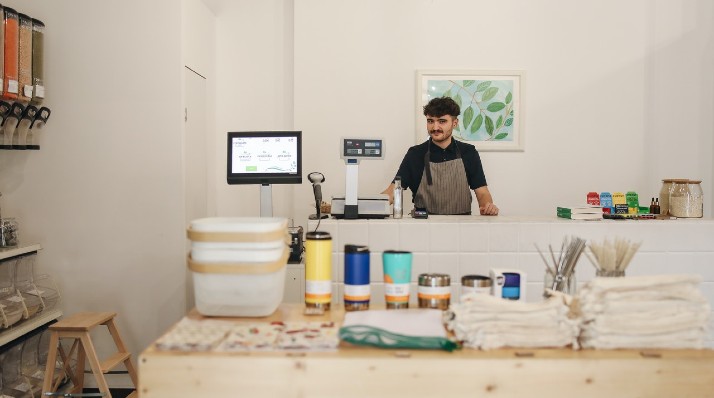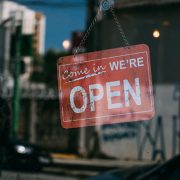Many Small Businesses Still Struggling to Come Back from Pandemic
After two years of retooling and resilience, small businesses still face a difficult recovery, with nearly 80% of small businesses reporting continued negative effects and 63% reporting a reduction in revenue compared to 2019. Minority-owned businesses have been hit the hardest, with Black-, Asian-, and Latino-owned businesses being significantly more likely to report being in “fair or poor” financial conditions compared to white-owned businesses.
At the same time, federal relief programs like the Paycheck Protection Program and the Economic Injury Disaster Loan program have closed. This leaves small businesses – particularly those in underbanked communities – struggling to find affordable capital.
The Southern Opportunity and Resilience (SOAR) Fund, created by community lenders, is designed specifically as a long-term resource to combat this trend through low-interest loans and free business support for the smallest of small businesses across the South. To date, the SOAR program has deployed nearly $23 million to more than 470 businesses and currently has $40 million still available.
“The SOAR Fund isn’t a stopgap relief program. It is a long-term investment in the South’s future to help build an economic recovery that is equitable, broad, and driven by the region’s entrepreneurs,” said Chris Caines, Senior Impact Manager at Community Reinvestment Fund, USA, which is hosting the Fund’s online platform. “Community development financial institutions, or CDFIs, have a proven track record of providing trustworthy capital to underbanked small businesses. The SOAR Fund enables them to expand their scale and make a lasting, structural change in who has access to small business funding.”
Long-standing inequities in small business lending often mean the small businesses most in need of financing are unable to access the funds they need to thrive and grow. Even before the pandemic, minority-owned small businesses were routinely denied funding at higher rates than their white-owned peers. The smallest of small businesses also face barriers to accessing funding because traditional financial institutions often do not make small-dollar loans.
Building an equitable economic recovery requires filling these gaps, which is exactly what the SOAR Fund is doing. Of funds distributed to date, 78% of loans have gone to business owners who self-identify as a woman or a person of color, with 52% going to Black-owned businesses. Nearly 90% of the loans went to businesses with 10 or fewer full-time equivalent employees, and 82% of recipients have annual revenues less than $500,000.
For many small businesses, even a modest loan can go a long way – not only helping to cover necessities like rent and payroll, but also opening doors to investments that lead to growth and job creation.
“My business was growing quickly, but I had trouble purchasing enough inventory to keep up with customer demand,” said Hemant Gopalani, owner of scientific & industrial instruments company True 42 in Atlanta. “A loan through the SOAR Fund enabled me to invest in inventory to serve more customers, which in turn opened the door for me to build my own assembly plant here in Georgia. The loan put us on a trajectory to growth that otherwise wouldn’t have been possible.”
Calvert Impact Capital is arranging and LISC Fund Management is managing the Fund. Community Reinvestment Fund, USA is the technology service provider for the program.
The SOAR Fund offers low-interest loans and free support to businesses and nonprofits with 50 or fewer full-time equivalent employees in Alabama, Arkansas, Delaware, Florida, Georgia, Louisiana, Maryland, Mississippi, North Carolina, Oklahoma, South Carolina, Tennessee, Texas, Virginia, West Virginia and the District of Columbia. Businesses can apply online and be matched to one of 12 participating community lenders in less than five minutes at www.thesoarfund.org.
AUTHOR: CPA PRACTICE ADVISOR
Call WXC for more details.












